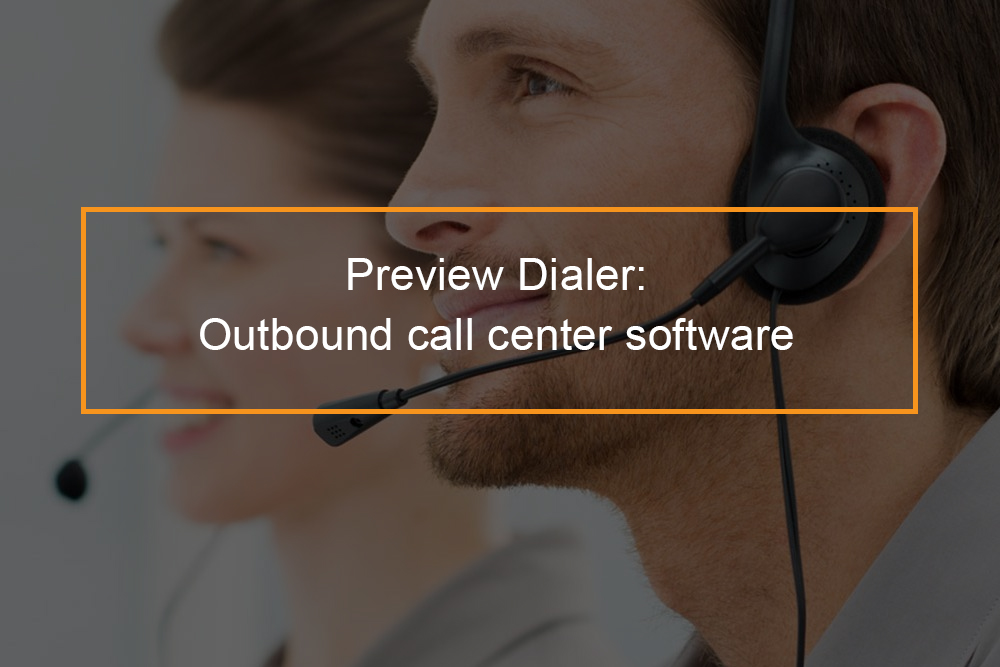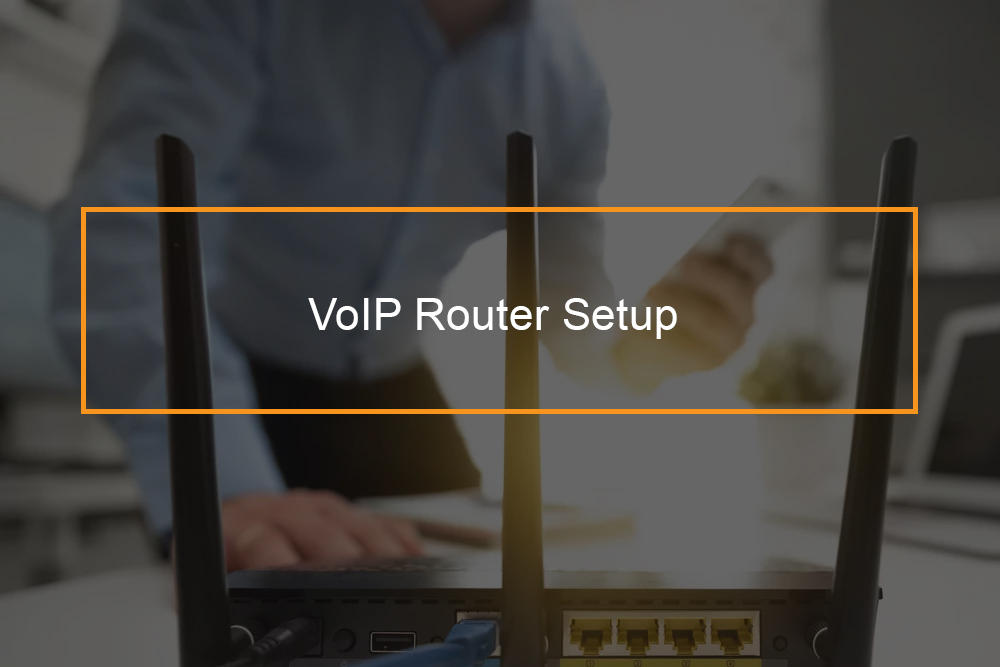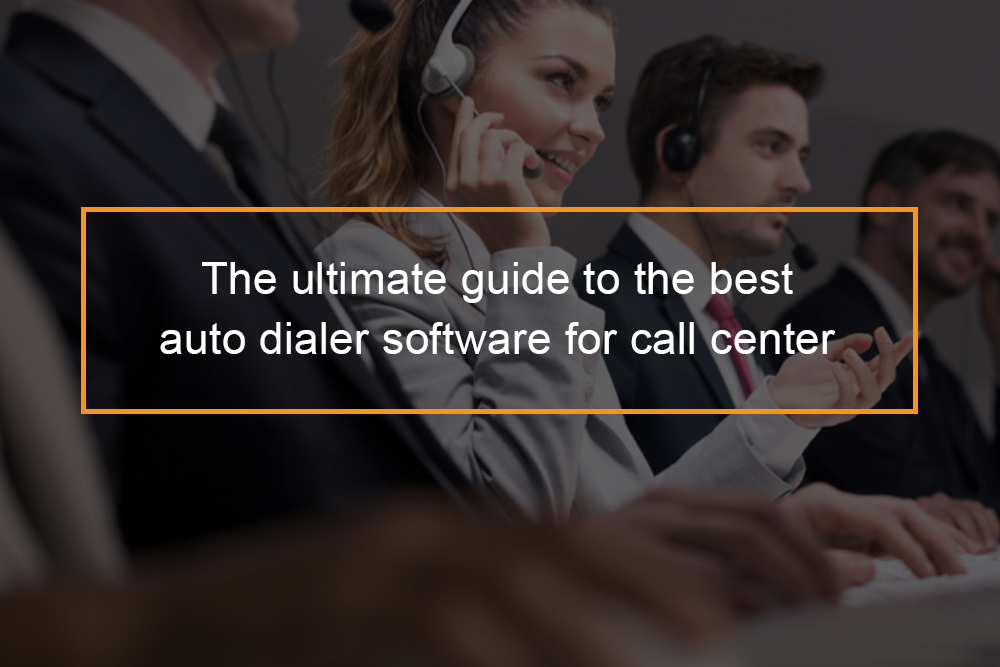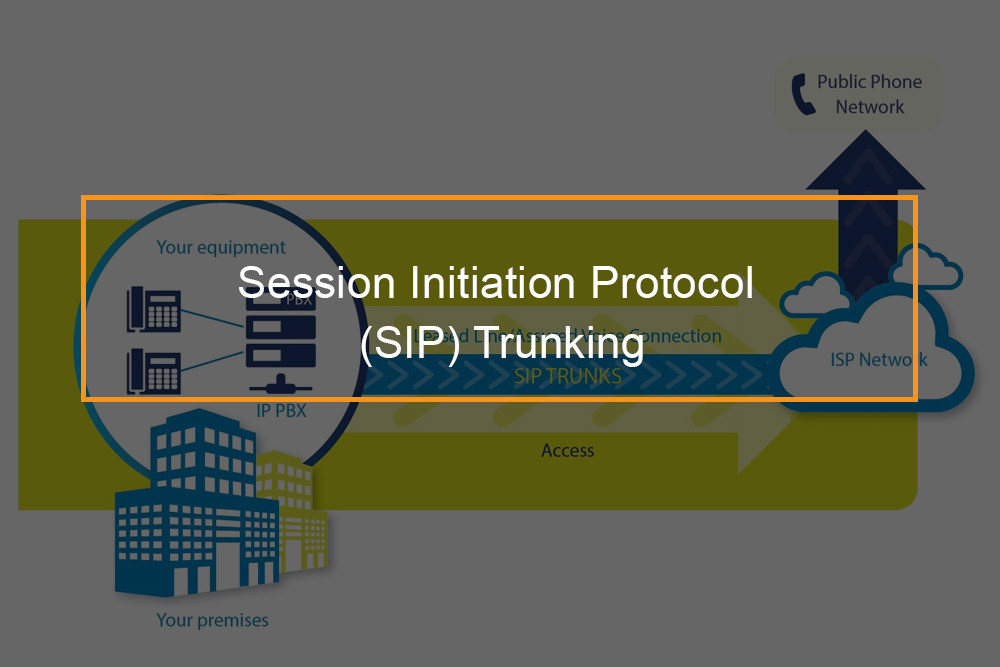Defining a fixed VoIP number
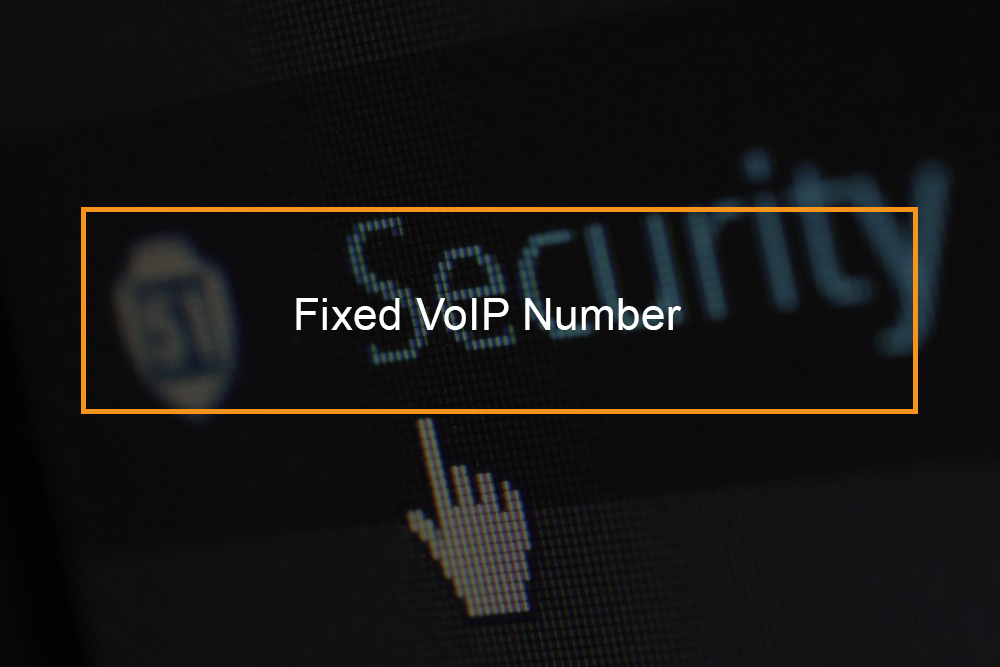 A fixed VoIP can simply be defined as a number that is linked to or associated with a physical address. Voice over Internet Protocol systems has two types of phone numbers, fixed VoIP and non-fixed VoIP. The fixed VoIP number is generally considered as more secured that the non-fixed category.
A fixed VoIP can simply be defined as a number that is linked to or associated with a physical address. Voice over Internet Protocol systems has two types of phone numbers, fixed VoIP and non-fixed VoIP. The fixed VoIP number is generally considered as more secured that the non-fixed category.
The need for a fixed VoIP number
Any successful business has reliable communication as an integral part of the company. This boosts the confidence your clients have towards the business. All businesses, therefore, need to invest in reliable phone technology for seamless internal and external communications.
VoIP technology is quickly catching on in business environments as the more costly and rather old fashioned traditional phones are slowly being phased away.
The fixed VoIP system is being preferred because of a number of reasons. First, for security purposes. Fixed VoIP is very secure. It also has minimal installation charges, maintenance costs, and system running fees. Fixed VoIP offers convenient communication with sophisticated applications and features.
The meaning of a fixed VoIP phone number
As stated, a fixed VoIP is tied to a physical address. This number, however, can only be accessed by someone who is in the same country as the VoIP provider. This category of VoIP is termed ‘fixed’ because it is fixed to one specific location. Their operation is not much different from the traditional phone number. You will only get the fixed VoIP number if it has a specific address attached to the number.
This type of phone system is still preferred by many businesses over smartphones. The business contact information is seamlessly integrated as the number is linked to an address. This does not only make it secure but also adds a sense of authenticity. Clients immediately trust a business phone number that has a physical location associated with it.
The benefits of fixed VoIP phone numbers
Advantages of fixed VoIP
The following are the benefits of fixed VoIP phone numbers.
Fixed VoIP numbers are secure
Generally, fixed VoIP phone numbers are assigned by VoIP service providers with a broadband network that connects to the PSTN, that is, the public switched telephone network. The VoIP carrier usually owns the network that the call traverses over. This infrastructure is characterized by tight security protocols that protect your numbers from being used for any fraudulent activities as they travel to and from the PSTN.
There are VoIP resellers that usually connect to the PSTN via a third-party carrier or even give you non-fixed numbers. These types of numbers as suggested by the name is in contrary to the fixed numbers and therefore are not associated or linked to a physical address. They are procured online via services like Google Voice and Skype.
The nature of non-fixed VoIP phone numbers makes them an ideal target for criminal and fraudulent activities. The numbers can easily be obtained by anyone and are very difficult to trace.
If you are dealing with VoIP resellers, then you should do it cautiously. Ensure the reseller is working with a trusted company for their call routing services. Some companies route calls outside the country rather than routing in the area you are located.
Fixed VoIP numbers are reliable when it comes to emergency services
There are benefits of having a phone number that is associated with a specific location. When you dial 911 for emergency services, the calls are accurately routed to your local emergency services. That is because the 911 operator is able to immediately pinpoint the exact location your call is from and will know which emergency team to dispatch and where to send them.
This will obviously speed up the rescue process as the information shared is accurate. Lives can be saved. These benefits cannot be enjoyed by non-fixed VoIP numbers.
Fixed VoIP numbers give a sense of authenticity
Customers tend to trust VoIP numbers that are tied to a physical location. It gives the business some authenticity compared to a random number that cannot be traced to a location. Clients feel safer and more confident transacting with businesses with fixed VoIP phone numbers.
The drawbacks of fixed VoIP phone number
Disadvantages of fixed VoIP
Similar to most technology, there are drawbacks involved. The following are the disadvantages of fixed VoIP numbers.
Fixed VoIP phone numbers charge a high rate for international calls
Being tied to a physical location has its limitations. When making international calls, fixed VoIP charge very high fees. Calling within your address may be cheap, but significant extra charges apply when calling international. These fees depend on the location of your receiver and also your VoIP setup.
Fixed VoIP phone numbers are specific to In-country
This means that you can only get the fixed VoIP phone number when you are in the country. This makes international calling difficult because it will incur expensive fees.
Fixed VoIP vs. non-fixed VoIP
Understanding the difference between fixed and non-fixed VoIP
We have looked at fixed VoIP and have also established a contrary category of VoIP phone numbers, that is, the non-fixed VoIP.
The difference between fixed and non-fixed VoIP phone numbers is clear. Fixed VoIP numbers are designed for people within the country, and if you are outside, you cannot get it. But most importantly, fixed VoIP numbers are ‘fixed’ to a specific location. This means the number has a physical location assigned to it. Vonage, Cox Communications, and BroadVoice are some of the popular fixed VoIP service providers.
Non-fixed VoIP phone numbers, on the other hand, can be obtained with ease by anyone even if you are outside the country. This is because these VoIP numbers do not need to be tied to a specific location. They are ‘not fixed.’ Skype and Google Voice are some of the popular providers of non-fixed phone numbers.
A sensitive issue that arises with VoIP phone numbers is the issue of security. This problem is more particular to non-fixed VoIP numbers. Apart from them being easily acquired, they are also very hard to trace. This makes non-fixed numbers ideal for criminals. They have come up with a number of fraudulent ways to take advantage of the loops holes to commit their crimes.
Another issue with VoIP numbers is that of regulatory compliance that affects both categories of VoIP. There are strict laws for text message marketing and automated telephone, especially to wireless phones. Such laws include the famous US Federal Telephone Consumer Protection Act. The implication of this law is still murky when it comes to VoIP numbers, but it is still important to make sure that the VoIP phone numbers have not been ported to a new owner and/or cellular service.
Are VoIP and landline the same?
VoIP involves using the internet to make and receive phone calls. Most service providers offer text messaging as well as voicemails. VoIP or internet telephony works by relaying voice signals as data packets via the internet using cloud PBX technology that routes the call. VoIP offers two options for setup. You can either host it in the cloud or use external hardware to host the online system locally.
Landline is completely dependant on the public switched telephone network, commonly shortened to PSTN. Circuit switching is done through PSTN, and the phones are routed. This traditional landline system is also dependant on different hardware, including the copper wire network cables.
VoIP phone numbers
What is a VoIP number?
VoIP numbers are the digits someone dials to call your phone. Such numbers permit long-distance calls at no extra charge in VoIP. VoIP phone numbers are not necessarily assigned to a physical location. These numbers can be fixed or non-fixed, as discussed above.
VoIP numbers let you call another VoIP user from a different area code as if the call was a local one. VoIP service providers can also assign users a virtual phone number within your preferred area code. This feature is handy because when someone from any area code calls your number, the call is seen as a local call but maps to your telephone number. Virtual numbers usually come at an extra charge.
What is a VoIP number used for?
VoIP phone numbers have many uses. This calling system offers a wide range of features and services that include the following:
- Call recording
- Auto attendants
- Call analytics
- Call forwarding
- Voicemail to email transcription
- Portability and mobility
Can you send texts to a VoIP phone number?
VoIP users can send and receive text messages. For texting to be possible in VoIP, you need to have a VoIP provider on your device and also have access to the internet. Text messaging services are often free, especially when you subscribe to the premium VoIP packages.



